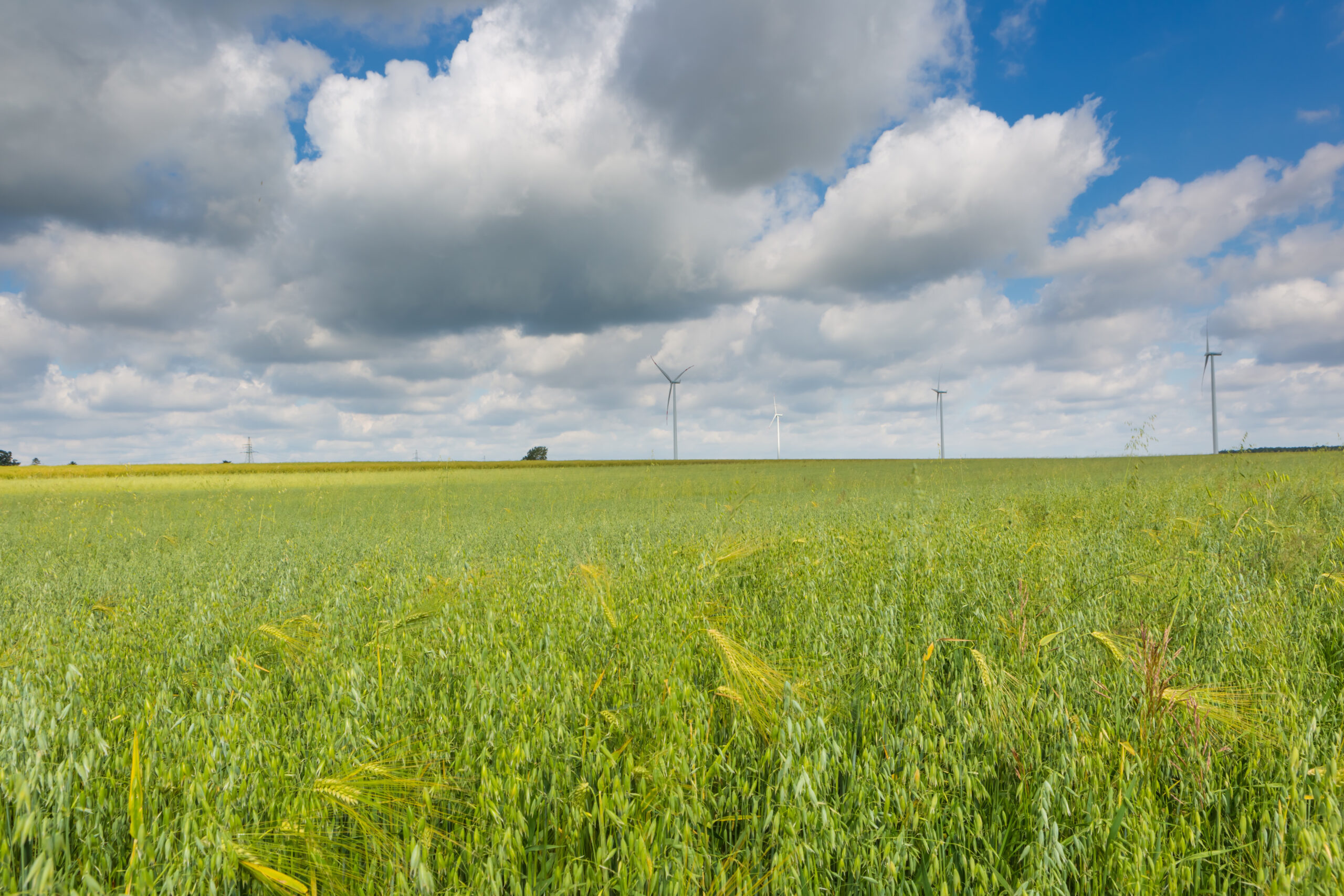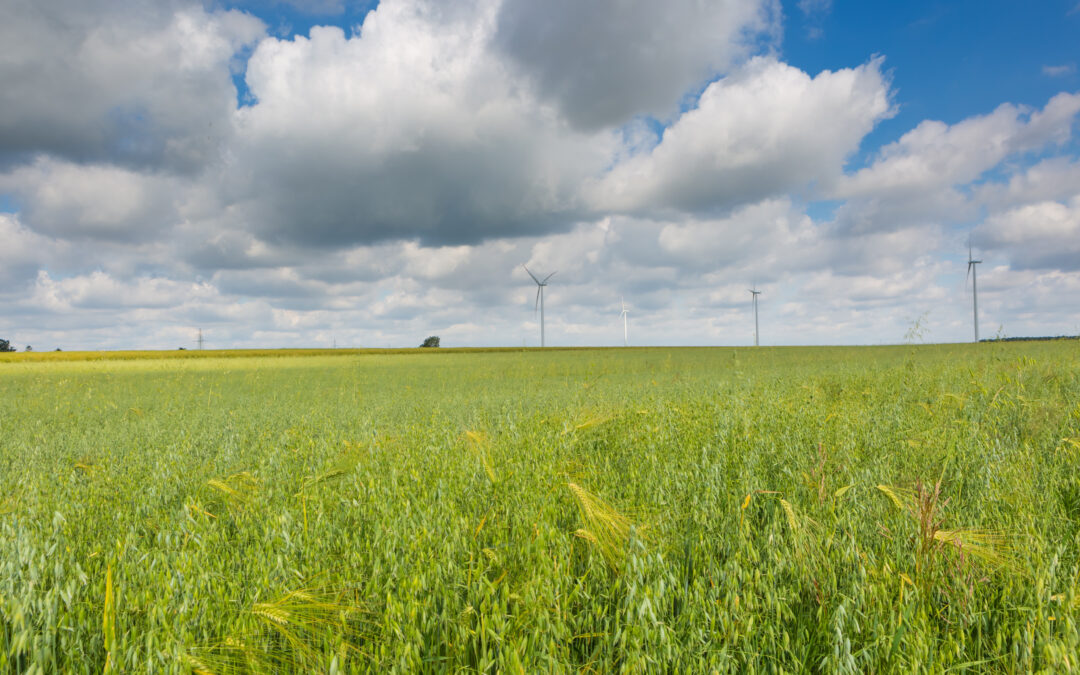Gardening is a hobby that many people enjoy, but organic gardening takes it to the next level. By using natural methods instead of chemicals, you can grow healthy plants without harming the environment or your family’s health. Here are some tips and tricks for successful organic gardening:
Introduction to Organic Gardening
Organic gardening involves growing plants without the use of synthetic fertilizers, pesticides, or genetically modified seeds. Instead, you rely on natural materials like compost, manure, and natural insect repellents. This type of gardening is not only better for the planet, but it also produces tastier fruits and vegetables with more nutrients than conventionally grown produce.
The Benefits of Going Organic
There are several benefits to choosing organic gardening over conventional gardening. Firstly, organic gardening reduces pollution by eliminating the need for synthetic chemicals that can leach into groundwater and contaminate nearby streams and rivers. Secondly, organic gardening promotes soil health by building up the soil structure and increasing its ability to retain moisture. Finally, organic gardening supports biodiversity by attracting beneficial insects and birds that help control pests naturally.

Tips for Soil Preparation and Maintenance
One key aspect of successful organic gardening is preparing the soil properly. To start, remove any weeds or debris from the area where you plan to plant. Then, add a layer of compost or other organic matter to enrich the soil and improve drainage. You should also mix in some sand or perlite to ensure good aeration. Once you have prepared the soil, keep it well-maintained by regularly watering and mulching your plants.
Natural Pest Control Methods
When it comes to pest control, organic gardeners have plenty of options beyond harsh chemicals. For example, you can attract beneficial predators like ladybugs and lacewings to your garden by planting flowers like marigolds and lavender. Neem oil is another effective natural remedy that repels a wide range of common garden pests including mites, whiteflies, and scales.
Harvesting and Storing Your Organic Produce
Once your plants begin producing fruit or veggies, make sure to harvest them at their peak ripeness. If possible, store your produce in a cool, dry place away from direct sunlight. Many types of produce will last longer if you blanch and freeze them. And don’t forget to save your seeds so you can continue growing your own delicious organic crops year after year!
In conclusion, organic gardening offers numerous benefits over traditional gardening methods. With these tips and tricks, you can get started on your journey towards sustainable living and enjoying fresh, healthy food straight from your backyard.



